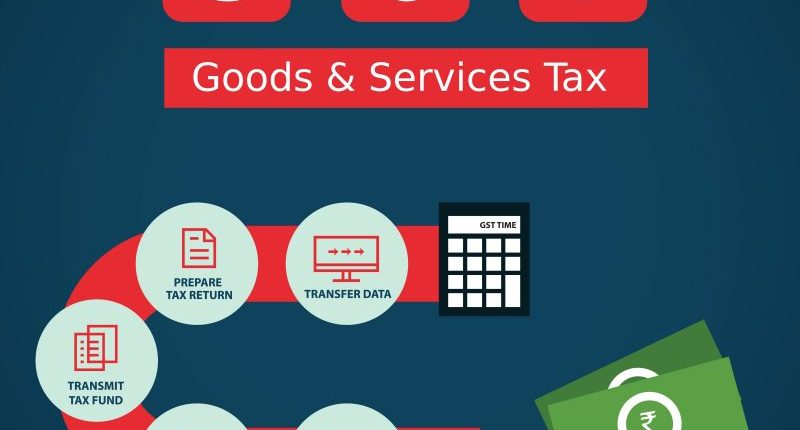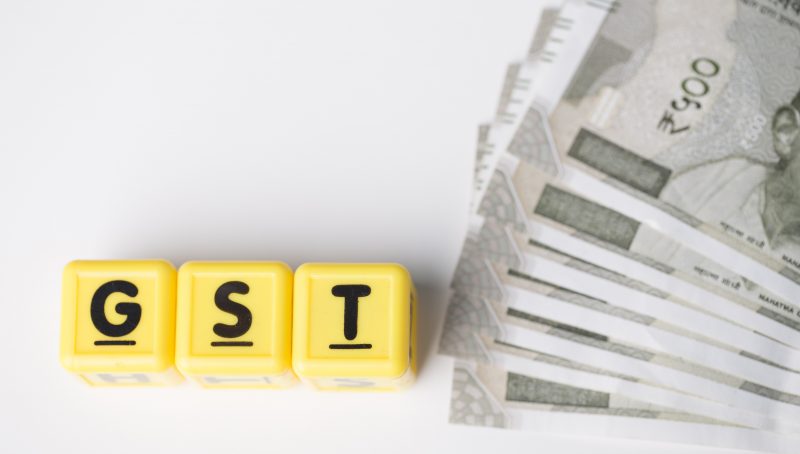The Central Board of Indirect Taxes and Customs (CBIC) has initiated the audit of taxpayers for the FY 2017-18, the year in which Goods and Services Tax (GST) was rolled out. The CBIC wants to check evasion and take actions against tax evaders.
As per Section 65 of the CGST Act, tax officers empowered to audit any taxpayer for claiming of erroneous refunds and ineligible input tax credits or non-payment or short payment of tax. The CBIC has issued notices to some businesses to submit books of account, income tax returns and other required information.
The taxpayers are bound to share their annual financial statements, bank account details, balance sheets, profit and loss statements, income tax returns, and copies of the GST returns according to the notices. Other required information includes input service providers, capital goods suppliers, invoices, debit and credit notes, mergers or acquisitions if any.
Also Read: States call on centre for real-time data access of GST returns, e-way bills
The notices come at a time when the government seeks to curb GST evasion and improve tax revenue. Also, the government is planning to set up a panel to suggest measures for curbing evasion and claiming fraudulent refunds.
The government may have specific information on fake refunds and input credit claims and suspected tax evasion. If the taxpayers are found guilty of avoiding payment or short payment of tax or claiming of erroneous refunds and input tax credit, they will have to pay the tax due along with interest and penalty.
The taxpayers are required to file their annual and audit reports for the FY 2017-18 by 31st January 2020, in GSTR-9 and GSTR-9C forms. However, the notices are issued to both filers and non-filers of GSTR-9C for FY 2017-18.
According to the law, these audits can be conducted on taxpayers irrespective of the annual turnover and also for cases where the GST system raises red flags due to mismatches or non-compliance. The government can get these mismatches through the GST return filing data. Also, the CBIC and CBDT are working to exchange information with each other to further keep a universal check on such unscrupulous activities of taxpayers.
For any clarifications/feedback on the topic, please contact the writer at dvsr.anjaneyulu@cleartax.in
DVSR Anjaneyulu known as AJ, is a Chartered Accountant by profession. Loves to listening to music & spending time with family and friends.





